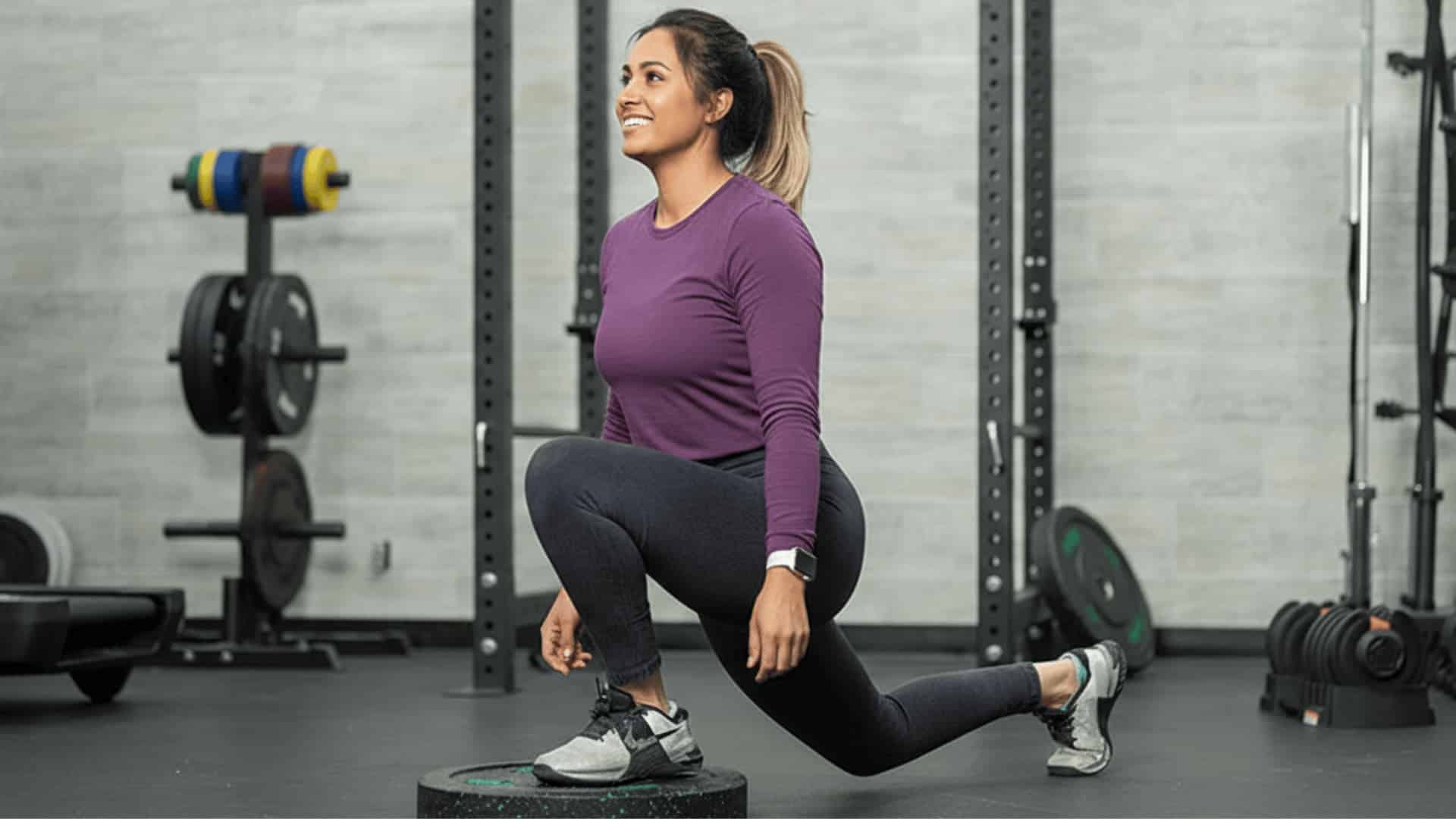Sometimes you hear phrases in health or safety that don’t feel clear. One of those is what is a wellness check. You might wonder if it means seeing your doctor or calling the police when you’re worried about someone.
I’ve had the same question, and I get why it sounds confusing. So let’s make it easy to understand.
In this blog, I’ll explain both meanings. You’ll learn what happens during a wellness check at the doctor’s office and how it works when the police check on someone. That way, you’ll know what to expect and when it matters in real life.
What is a Wellness Check
In healthcare, a wellness check is a preventive visit with your provider. The purpose is to review your overall health, look for possible risks, and make a plan to stay well.
It’s not about treating illness, but about keeping track of your body, spotting changes early, and building habits that support long-term health.
If you’re curious about the wellness check’s meaning, think of it as a proactive step to protect your health rather than waiting until you feel unwell.
In community safety, a wellness check, also called a welfare check, is different. It happens when police or local authorities visit someone’s home to confirm they are safe.
This is usually requested by family, friends, or neighbors who are worried because the person hasn’t been seen or contacted for some time. Both uses share one goal: protecting a person’s well-being.
Wellness Visits in Healthcare
When you hear the term wellness check in healthcare, it usually refers to a planned visit with your provider. These visits are not about treating illness but about looking at your overall health and making sure you’re on the right track.
A wellness check helps you focus on prevention rather than waiting until you feel sick. These visits can detect health issues early, guide lifestyle changes, and give you peace of mind about your well-being.
During a typical wellness visit, your provider may:
- Review your medical and family history
- Measure vital signs such as blood pressure, heart rate, and weight
- Ask about lifestyle factors like diet, exercise, sleep, and stress
- Recommend screenings or lab tests based on your age and risk level
- Perform a focused physical exam tailored to your needs
A wellness check is not meant to treat urgent health problems. It usually does not include procedures, emergency care, or prescriptions for immediate illness. If you have specific symptoms, you may need a separate appointment.
Medicare Annual Wellness Visits

When you have Medicare, you’re entitled to a special type of preventive visit called the Annual Wellness Visit. This appointment is different from a regular physical because it focuses on prevention, planning, and keeping track of your overall health.
Eligibility and Coverage
If you’ve been enrolled in Medicare for at least 12 months, you qualify for one Annual Wellness Visit each year. This visit is covered under Medicare Part B, which means you don’t pay extra if your provider accepts assignment. It’s a benefit designed to help you and your provider build a plan for your health moving forward.
Key Components of the Visit
During this visit, your provider may:
- Complete a health risk assessment to identify possible concerns
- Screen for memory issues, mood changes, or mental health conditions
- Review your medications, supplements, and the providers you see regularly
- Update your medical and family history to spot risks
- Create a personalized prevention plan that outlines screenings, vaccines, and lifestyle steps for the next 5–10 years
The Medicare Annual Wellness Visit gives you the chance to stay ahead of changes in your health. It can detect concerns early, track ongoing conditions like high blood pressure or diabetes, and offer tools to manage them.
It also gives you and your provider time to discuss lifestyle choices, safety at home, and resources that support independence. By keeping up with this yearly visit, you create a clearer path toward healthier aging.
Is a Wellness Check the Same as a Physical Exam?
Many people confuse wellness checks with annual physicals, but they serve different purposes. A simple side-by-side look can help you see the difference more clearly.
| Wellness Check | Annual Physical |
|---|---|
| Focuses on prevention and planning for long-term health | Provides a complete review of the current health status |
| Reviews medical history, lifestyle, and risk factors | Includes a full physical exam and more detailed lab work |
| Usually does not include treatment or urgent care | May address current symptoms or ongoing conditions |
| Designed to guide healthy habits and screenings | Designed to detect, diagnose, and manage existing issues |
Both visits are valuable, and together they give you a stronger approach to staying healthy year after year.
Preparing for a Healthcare Wellness Visit
You can make the most of a wellness visit by being prepared. Simple steps include:
- Bring your medical records, immunization history, and a list of medications
- Write down questions or health concerns you want to discuss
- Check your insurance to confirm preventive visits are covered
These steps help your provider get the full picture of your health and give you clearer guidance.
How Wellness Checks Help Keep Communities Safe
A wellness check in community safety, often called a welfare check, is different from the medical version. It is a service carried out by law enforcement when someone’s safety is uncertain. These checks are often requested by family, friends, or neighbors who notice something unusual.
When to Request a Welfare Check
You may ask for a welfare check if:
- Someone has not been seen or heard from for a long period of time
- A loved one with a health condition is suddenly unreachable
- A neighbor stops their normal routines, like picking up mail or taking out trash
- You hear concerning noises, see signs of distress, or notice unusual activity around a home
- Someone has expressed suicidal thoughts or serious mental health struggles and is no longer responding
These situations are not limited to older adults. Welfare checks can help anyone who may be at risk.
How a Wellness Check Works
If you’re worried about someone and want the police to check on them, here’s what usually happens. You’ll need to give some basic details so officers can respond the right way. Here’s what they might ask for:
- Who to call: Dial 911 if it’s an emergency. If it’s not urgent, use your local police’s non-emergency number.
- Where they are: Give the full address. If the place is hard to find, share any extra directions.
- What they look like: Share their name, what they look like, and if they have any health issues.
- Last time you talked: Tell the officer when you last heard from the person and why you’re concerned.
- What the police will do: Officers will go to the location, try to speak with the person, and let you know what they find out.
This process helps make sure the person is okay and gets help if they need it.
Police can enter a home without permission if they believe someone inside is in danger. They will try knocking first, but if there are clear risks, they may step in. Their goal is safety; if the person is fine, you’ll be told, and if medical or police help is needed, it will be handled right away.
Benefits of Wellness Checks

Wellness checks provide support for both your personal health and your safety in the community. Looking at the benefits side by side makes it easier to see their value.
| Health Benefits | Safety Benefits |
|---|---|
| Detect chronic issues like high blood pressure or diabetes early | Offer peace of mind to family and neighbors |
| Plan better for long-term health goals | Protect vulnerable people, such as seniors or those living alone |
| Lower costs by addressing problems before they become severe | Allow quicker response in emergencies or risky situations |
Together, these benefits show how wellness checks go beyond simple check-ins. They help you take charge of your health while also creating a safer, more caring community.
Why It’s Important to Know the Difference
Knowing the difference between a wellness check at the doctor’s office and a safety check by the police can help you make better choices. If you’re thinking about your health, a doctor’s wellness check focuses on things like diet, exercise, mental health, and ways to prevent illness.
But if you’re worried about someone who isn’t answering calls or seems in danger, a safety check by police is the right step. Understanding both kinds helps you act quickly and calmly.
You’ll know who to call, what to expect, and how to stay prepared. It also takes away confusion, so you feel more in control in tough situations, no matter if it’s about your own health or someone else’s safety.
Final Thoughts
Understanding what is a wellness check can help you make better choices for your health and safety. You’ve seen how it works in healthcare, where the focus is on prevention and planning. You’ve also learned how it plays a role in community safety, giving families and neighbors peace of mind.
I know it can feel like a lot to take in, but having clear steps makes it easier. You can use this knowledge to schedule your own wellness visit or request help for someone else when it’s needed. Both actions show care for yourself and those around you.
If you found this helpful, take a look at more of my posts for ideas and guidance!








